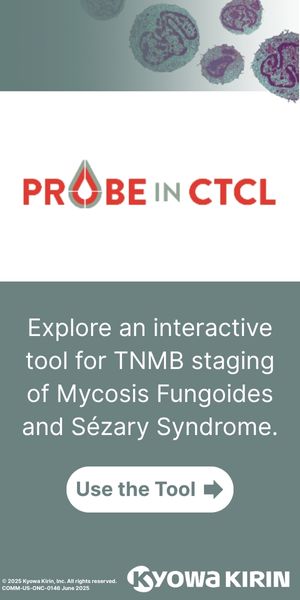Alan Percy, MD, Pediatric Neurologist at the University of Alabama at Birmingham, discusses results from the DAFFODIL study evaluating long-term safety of trofinetide in girls ages two to four years with Rett syndrome.
Rett syndrome is a neurodevelopmental condition primarily affecting girls. Patients with the disease appear to have normal psychomotor development during the first 6 to 18 months of life. This is followed by a developmental “plateau,” and then rapid regression in language and motor skills. Additional signs and symptoms may include:
- Repetitive, stereotypic hand movements
- Fits of screaming and inconsolable crying
- Autistic features
- Panic-like attacks
- Teeth grinding
- Episodic apnea and/or hyperpnea
- Gait ataxia and apraxia
- Tremors
- Seizures
- Slowed head growth
Classic Rett syndrome is most commonly caused by genetic changes in the MECP2 gene and is usually inherited in an X-linked dominant manner.
DAFFODIL Study
The DAFFODIL study (NCT04988867) is an open-label study evaluating the long-term safety of trofinetide in girls ages two to four years with Rett syndrome. Trofinetide is a synthetic analog of the N-terminal tripeptide of insulin-like growth factor 1. It was approved by the U.S. Food and Drug Administration for the treatment of Rett syndrome in patients 2 years and older in 2023.
The key finding from this study was a safety profile in children ages two to four years of age similar to that observed in patients ages five years of age and older in the LAVENDER, LILAC-1, and LILAC-2 trials. Diarrhea and vomiting were the most common treatment-emergent adverse events, but were of mild to moderate severity. Additionally, the use of a diarrhea management plan (discontinuation of laxatives and initiation of increased fiber) led to a lower discontinuation rate caused by diarrhea, with only one discontinuation.
Other endpoints supported symptom improvement as observed in scores of CGI-I scale, CaGI-I scale, and change from baseline in ICND-QoL. Caregivers also noted significant improvement in patients’ ability to say new words, make eye contact, and use of hands.
To learn more about Rett syndrome and other rare neurological conditions, visit https://checkrare.com/diseases/neurology-nervous-system-diseases/

